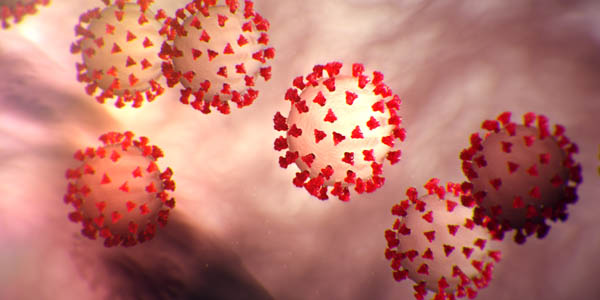New CDC Studies: COVID-19 Boosters Remain Safe, Continue to Offer High Levels of Protection Against Severe Disease Over Time and During Omicron and Delta Waves

Data from two CDC reports today show COVID-19 vaccine boosters remain safe and continue to be highly effective against severe disease over time.
In the first study, CDC reviewed data from two of its vaccine safety monitoring systems, v-safe and the Vaccine Adverse Event Reporting System (VAERS). They found that people 18 years and older who received the same mRNA vaccine brand for all their vaccinations experienced fewer adverse reactions following the booster dose, than they did after their second dose of mRNA vaccine. Ninety two percent (92%) of reports to VAERS were not considered serious, and headache, fever, and muscle pain were among the most commonly reported reactions. V-safe data found medical care was rarely received after a booster dose.
A second study reveals that a third dose of mRNA vaccine continues to offer high levels of protection against severe disease, even months after administration, underscoring the importance of staying up to date when eligible after receiving a primary series. CDC examined data on 93,000 hospitalizations and 241,000 emergency department and urgent care visits across 10 states during the Delta and Omicron waves. In the study, about 10% of people were boosted and over 50% of people hospitalized were over 65 years old. During Omicron, vaccine effectiveness against hospitalization was 91% during the first two months after a third dose and remained high, at 78%, four or more months after a third dose.
Boosters are safe and effective, and CDC continues to recommend everyone 5 and older remain up to date with recommended COVID-19 vaccinations, to ensure optimal protection against hospitalizations and severe outcomes. For most people, that means getting a booster dose 5 months after receiving an mRNA vaccine or 2 months after receiving Johnson and Johnson’s Janssen vaccine. CDC is continuing to closely monitor the effectiveness of COVID-19 vaccines to help inform public health efforts.
